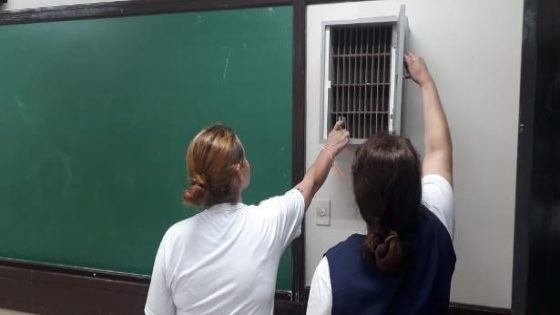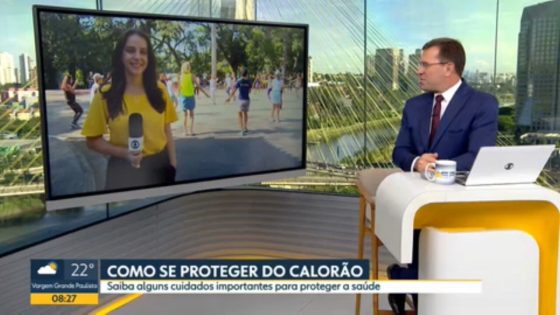Recently, the song “Bayar, Bayar, Bayar” by the band Sukatani has sparked significant debate in Indonesia. The government has banned this song, claiming it contains provocative elements that could undermine the authority. This incident raises questions about freedom of expression in the country, especially as Sukatani has withdrawn the song from circulation.
- Sukatani's song banned for provoking government.
- Public concerns over freedom of expression.
- Historical censorship of artistic works in Indonesia.
- Pramoedya Ananta Toer's "Bumi Manusia" banned.
- Iwan Fals' songs criticized and censored.
- Sukatani's apology after song withdrawal.
Exploring the Impact of Censorship on Indonesian Music and Art
Why does the government feel the need to censor artistic works? The recent ban on Sukatani’s song is not an isolated event; it reflects a long history of censorship in Indonesia. Many artists have faced similar challenges, raising concerns about the limits of free speech and artistic expression.
Historical Context of Censorship in Indonesian Arts and Music
Throughout Indonesia’s history, various artistic expressions have faced restrictions. The ban on Sukatani’s song is reminiscent of past incidents where music, literature, and visual arts were censored. Understanding this context is crucial for grasping the ongoing struggle for artistic freedom.
Notable Cases of Censorship in Indonesia’s Artistic Landscape
Several significant works have faced censorship in Indonesia, illustrating the ongoing battle between creativity and government control. Here are a few notable examples:
- Bumi Manusia by Pramoedya Ananta Toer: Banned in the 1980s for its perceived threat to Pancasila ideology.
- Surat Buat Wakil Rakyat by Iwan Fals: Criticized government officials and was banned for its political content.
- Gosip Jalanan by Slank: Faced backlash for its sharp critique of political conditions.
- Works by Semsar Siahaan: Censored due to his outspoken criticism of social and political issues.
The Role of Social Media in Censorship Discussions
Social media has become a platform for artists to voice their concerns about censorship. The ban on Sukatani’s song has led to widespread discussions online, allowing artists and fans to share their opinions. This digital space is crucial for fostering dialogue about freedom of expression in Indonesia.
Future of Artistic Expression in Indonesia
As censorship continues to challenge artists, the future of creative expression in Indonesia remains uncertain. Will artists find new ways to convey their messages despite restrictions? The ongoing dialogue surrounding censorship will likely shape the landscape of Indonesian art and music for years to come.
In conclusion, the ban on Sukatani’s song serves as a reminder of the fragile balance between artistic freedom and governmental control. As discussions about censorship continue, it is essential to support artists in their quest for expression and to advocate for a more open and inclusive cultural environment.
































![Binance Coin [BNB] Price Surge Ahead: Crucial Levels to Monitor Amid Market Shifts](https://news.faharas.net/wp-content/uploads/2025/02/Binance-Coin-BNB-Price-Surge-Ahead-Crucial-Levels-to-Monitor.webp.webp)